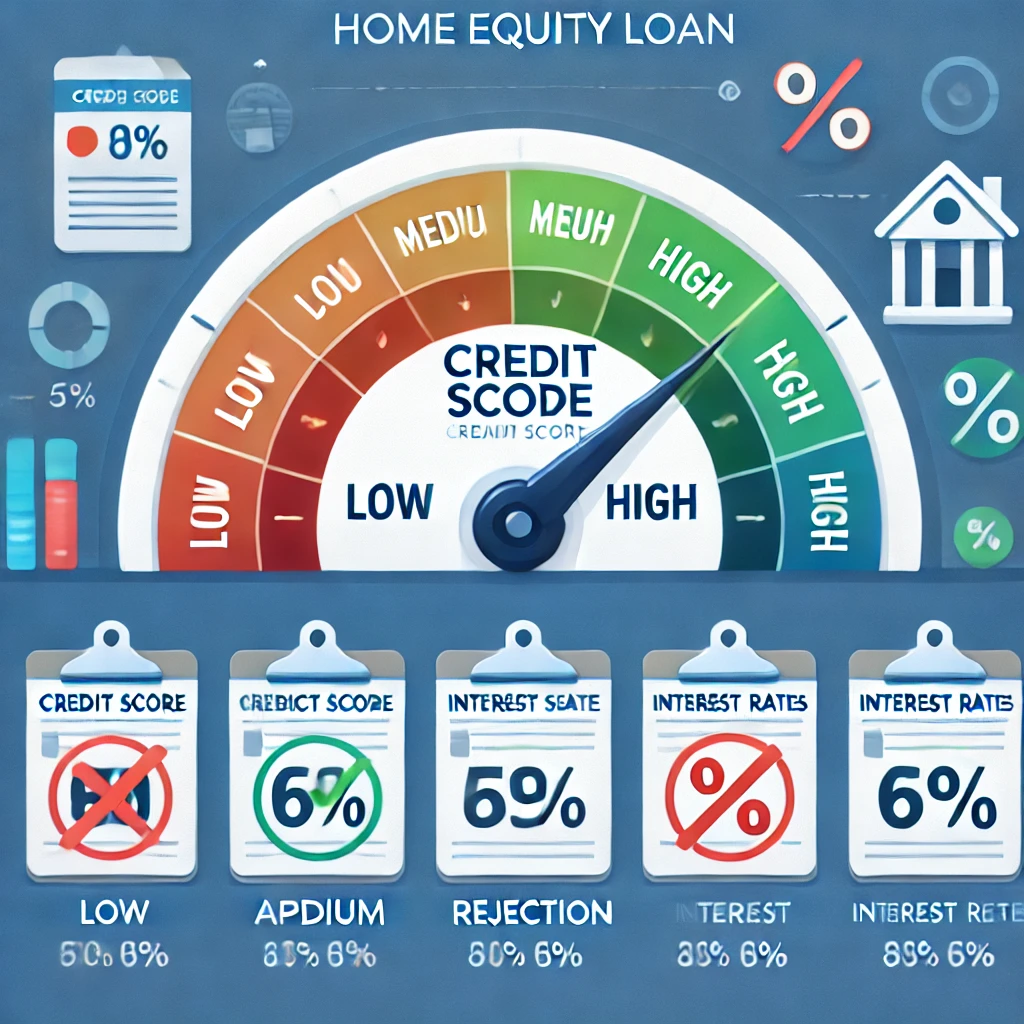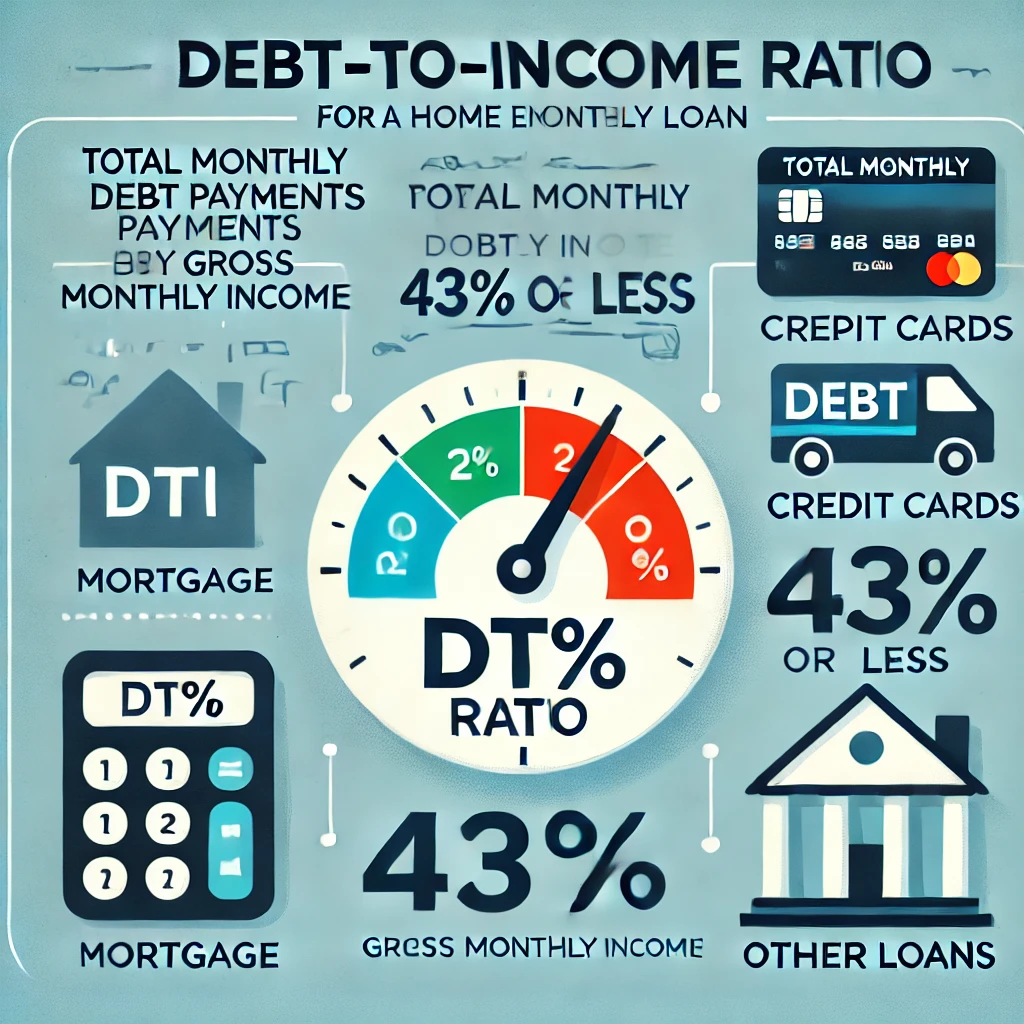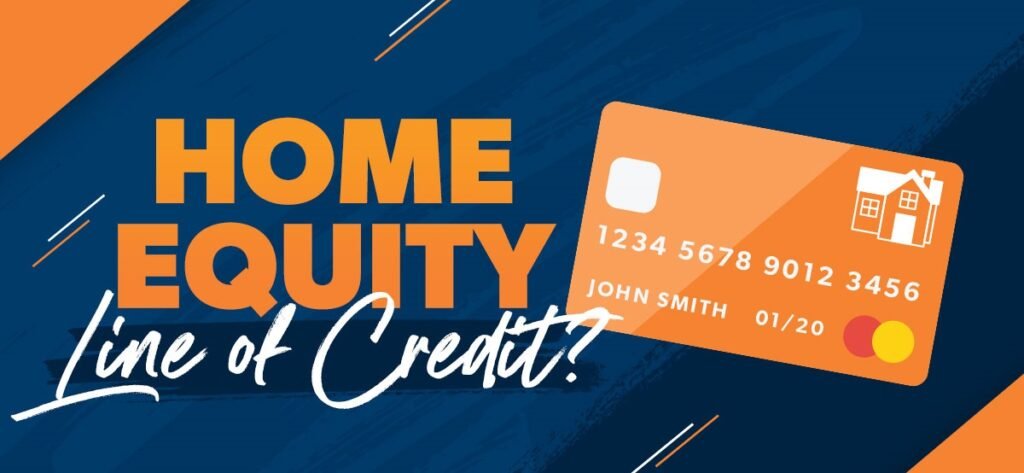A home equity loan can be an excellent way for homeowners to access funds by tapping into their home’s equity. But what credit score is needed for a home equity loan? Knowing the credit score requirements and understanding the intricacies of home equity loans can help you prepare and improve your chances of approval.

Understanding Home Equity Loans
A home equity loan is a type of second mortgage that allows homeowners to borrow against the equity they’ve built in their home. This equity is the difference between the current market value of the home and the outstanding mortgage balance.
Home equity loans typically come with a fixed interest rate and a fixed repayment term, providing a lump sum of money that can be used for any purpose, such as home improvements, debt consolidation, or other major expenses.
Unlike personal loans, which are unsecured, home equity loans use your home as collateral, often resulting in lower interest rates compared to other types of credit.
How It Works?
Home equity loans work by leveraging the equity you have in your home as collateral. Lenders usually allow you to borrow up to 80% of your home’s equity. For example, if your home is valued at $300,000 and your outstanding mortgage balance is $200,000, you may be eligible to borrow up to $80,000 through a home equity loan.
The loan amount, interest rate, and repayment terms will depend on your credit score, debt-to-income ratio, and the amount of equity in your home. Once approved, you receive the loan as a lump sum and start making fixed monthly payments over the agreed term, which can range from 5 to 30 years.
Credit Score Requirements for a Home Equity Loan
Minimum Credit Score Needed
To qualify for a home equity loan, most lenders require a minimum credit score of 620. However, this threshold can vary depending on the lender and current market conditions. Some lenders may set their minimum credit score requirements higher, typically around 680 or more.
Your credit score is a crucial factor in the approval process, as it reflects your credit history and overall creditworthiness. Lenders use this information to assess the risk of lending to you. A higher credit score indicates a lower risk, making you a more attractive candidate for a home equity loan.
Therefore, maintaining a good credit score is essential if you plan to leverage your home’s equity. Regularly checking your credit report and ensuring it is accurate can help you stay on top of your credit health and improve your chances of qualifying for a home equity loan.

Impact of Credit Score on Approval
Your credit score significantly impacts your home equity loan approval and the terms offered by lenders. A higher credit score can help you secure lower interest rates, reducing your overall loan costs. Conversely, a lower credit score may result in higher interest rates and less favorable loan terms.
In some cases, a low credit score might even lead to the rejection of your loan application. Lenders consider your credit score alongside other factors, such as your debt-to-income ratio and home equity.
To improve your chances of approval and obtain better loan terms, focus on boosting your credit score by paying bills on time, reducing outstanding debt, and correcting any inaccuracies on your credit report. A strong credit score not only enhances your eligibility for a home equity loan but also provides you with more financial flexibility and better borrowing options.

Other Key Requirements
Debt-to-Income Ratio
Another critical requirement for a home equity loan is your debt-to-income (DTI) ratio. Lenders typically prefer a DTI ratio of 43% or less. This ratio measures the percentage of your monthly income that goes towards debt payments, including your mortgage, credit cards, and other loans. A lower DTI ratio indicates better financial health and a greater ability to manage additional loan payments.
To calculate your DTI ratio, divide your total monthly debt payments by your gross monthly income. For example, if your monthly debt payments are $2,000 and your gross monthly income is $5,000, your DTI ratio is 40%. Keeping your DTI ratio low can improve your chances of qualifying for a home equity loan and securing favorable terms.

Home Equity Requirements
In addition to credit score and DTI ratio, lenders require a certain level of home equity to approve a home equity loan. Typically, you need at least 15% equity in your home, which translates to a maximum loan-to-value (LTV) ratio of 85%. To determine your home equity, subtract your outstanding mortgage balance from your home’s current market value.
For example, if your home is worth $300,000 and you owe $200,000 on your mortgage, you have $100,000 in equity, or approximately 33% of your home’s value. Ensuring you have sufficient equity is crucial for loan approval, as it reduces the lender’s risk and demonstrates your investment in the property. Regularly assessing your home’s value and mortgage balance can help you understand your equity position and plan for potential borrowing needs.
Alternatives to Home Equity Loans
Home Equity Line of Credit (HELOC)
A Home Equity Line of Credit (HELOC) is a popular alternative to a home equity loan. Unlike a home equity loan, which provides a lump sum, a HELOC offers a revolving line of credit that you can draw from as needed. This flexibility allows you to borrow up to a certain limit, typically 80% of your home’s equity, and only pay interest on the amount you use.
HELOCs often have variable interest rates, which can fluctuate over time. This option is ideal for homeowners who need ongoing access to funds for expenses such as home improvements or unexpected costs.

Personal Loan
Personal loans are another alternative to home equity loans. These loans are unsecured, meaning they do not require your home as collateral. As a result, personal loans typically come with higher interest rates compared to home equity loans.
However, they are easier to obtain if you don’t have sufficient home equity or if your credit score isn’t high enough to qualify for a home equity loan. Personal loans can be used for various purposes, including debt consolidation, medical expenses, or major purchases. The approval process is usually quicker, making them a convenient option for immediate financial needs.
Cash-Out Refinance
A cash-out refinance involves refinancing your existing mortgage for a higher amount than you currently owe, with the difference paid out to you in cash. This option allows you to access your home’s equity without taking out a second loan. You can borrow up to 80% of your home’s value, and the new loan typically comes with a fixed interest rate.
While this can be a cost-effective way to access funds, it resets your mortgage term and may involve higher closing costs and private mortgage insurance (PMI) if you borrow more than 80% of your home’s value.
Reverse Mortgage
A reverse mortgage is a loan option available to homeowners aged 62 or older. It allows you to convert part of your home equity into cash, paid out in a lump sum, monthly payments, or a line of credit. The loan is repaid when you move out or pass away. This option can provide financial security in retirement without the need for monthly loan payments.
Shared Equity Agreement
A shared equity agreement involves selling a percentage of your home’s future appreciation in exchange for a lump sum of cash today. Unlike traditional loans, there are no monthly payments or interest charges. However, you will share a portion of your home’s future value with the investor. This can be a viable option if you need funds but want to avoid additional debt.
Improving Your Chances of Approval
Check Your Credit Report
Before applying for a home equity loan, it’s crucial to check your credit report. Obtain your credit reports from the three major credit bureaus: Experian, Equifax, and TransUnion. Review these reports for any errors or inaccuracies that could negatively impact your credit score. Dispute any incorrect information to improve your credit profile.
Additionally, understanding your credit report will help you identify areas where you can improve, such as reducing outstanding debt or making timely payments. Regular monitoring can help maintain a good credit history, which is essential for qualifying for a home equity loan with favorable terms.
Determine Your Equity Level
Knowing your home equity level is a key step in preparing for a home equity loan application. To determine your equity, subtract your current mortgage balance from your home’s current market value. For example, if your home is valued at $350,000 and you owe $200,000, you have $150,000 in equity.
Most lenders require at least 15% equity in your home to qualify for a home equity loan. Having a clear understanding of your equity position will help you gauge how much you can potentially borrow and whether you meet the lender’s requirements.
Find Out Your Debt-to-Income Ratio
Your debt-to-income (DTI) ratio is another critical factor lenders consider. To calculate your DTI ratio, divide your total monthly debt payments by your gross monthly income. For example, if your monthly debt payments are $1,800 and your gross monthly income is $6,000, your DTI ratio is 30%. Lenders typically prefer a DTI ratio of 43% or less.
A lower DTI ratio indicates better financial health and a higher capacity to manage new debt. Improving your DTI ratio by paying down existing debts can enhance your chances of securing a home equity loan with favorable terms.
Lenders That Offer Home Equity Loans with Bad Credit
List of Lenders
Several lenders specialize in offering home equity loans to borrowers with lower credit scores. Some of these include Rocket Mortgage, LendingTree, and Bankrate. These lenders may have more flexible requirements and tailored loan products to accommodate individuals with bad credit.
It’s essential to research and compare different lenders to find the best option for your financial situation. Look at interest rates, fees, loan terms, and customer reviews to make an informed decision.
Pros and Cons of Getting a Home Equity Loan with Bad Credit
Advantages
- Access to Funds: You can tap into your home’s equity to cover significant expenses like home renovations, medical bills, or debt consolidation.
- Potentially Lower Rates: Even with bad credit, home equity loans often have lower interest rates than unsecured personal loans or credit cards, due to the collateral provided by your home.
Disadvantages
- Higher Interest Rates: While you may still qualify for a home equity loan with bad credit, the interest rates will likely be higher than those offered to borrowers with good credit.
- Risk of Foreclosure: Since your home is used as collateral, failing to make loan payments could result in foreclosure and loss of your property.
- Fees and Costs: Lenders may charge higher fees and closing costs for borrowers with bad credit, increasing the overall cost of the loan.
What to Do If Your Home Equity Loan Application Is Denied?
If your home equity loan application is denied, don’t despair. Start by understanding why it was rejected. Common reasons include a low credit score, high debt-to-income (DTI) ratio, or insufficient home equity. Address these issues by paying down debt, improving your credit score, or waiting until you build more equity.
Consider discussing your situation with the lender to gain specific insights. Exploring other options, such as a personal loan or a Home Equity Line of Credit (HELOC), might be beneficial. Additionally, seek financial advice to better prepare for a future application.
Tips for Improving Your Credit
Improving your credit score is crucial for securing a home equity loan. Begin by checking your credit report for errors and disputing any inaccuracies. Pay your bills on time, as payment history significantly impacts your credit score. Reduce outstanding debt to lower your credit utilization ratio, ideally below 30%.
Avoid opening new credit accounts, as each application results in a hard inquiry, which can lower your score. Consider using tools and apps that provide insights and help you manage your credit more effectively. By implementing these strategies, you can gradually improve your credit score.
